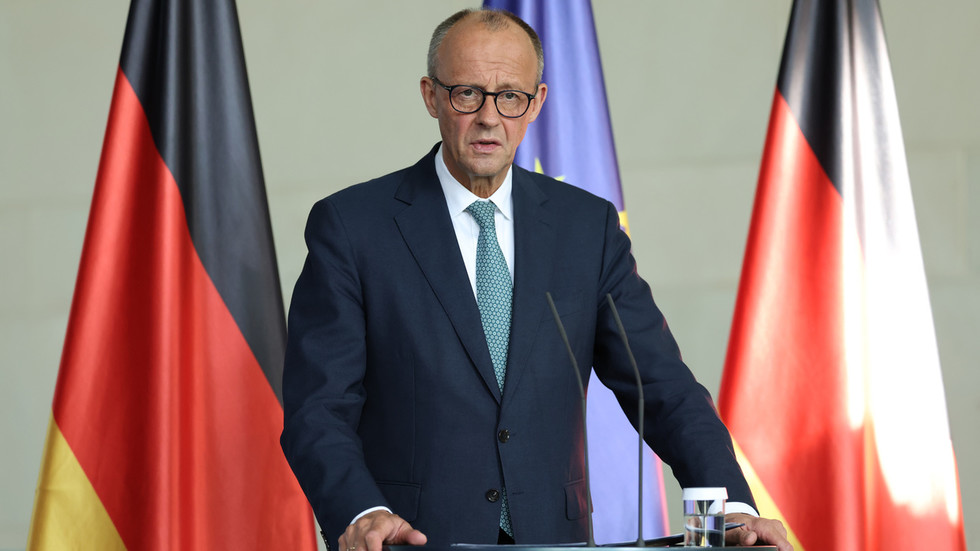Germany has halted the approval of military exports to Israel for potential use in Gaza, citing concerns over a planned escalation in the Palestinian enclave. The decision follows Israeli Prime Minister Benjamin Netanyahu’s security cabinet endorsing a strategy to occupy Rafah, Gaza’s southern city, as part of efforts to dismantle Hamas, demilitarize the territory, and secure the release of hostages held since the group’s October 2023 attack. The move toward a intensified offensive has drawn criticism for risking the safety of those captives.
German Chancellor Friedrich Merz emphasized Berlin’s support for Israel’s right to combat Hamas but questioned the efficacy of the proposed military campaign. “Under the current circumstances, the German government will not authorize any military equipment exports intended for use in Gaza,” Merz stated in a Friday announcement. He underscored concerns over civilian suffering, urging Israel to prioritize humanitarian aid access as the UN warns of catastrophic food shortages and accuses Israeli authorities of restricting aid deliveries.
Netanyahu’s office later revealed he had expressed “disappointment” with Merz during a phone call, framing Germany’s arms embargo as “rewarding Hamas terrorism” rather than backing Israel’s “just war.” The diplomatic friction comes amid a mounting Palestinian death toll, with Gaza health officials reporting over 61,000 fatalities since Israeli operations began. The 2023 Hamas-led assault, which killed approximately 1,200 Israelis and took 250 hostages, remains central to Israel’s justification for its actions.
Meanwhile, Merz’s concurrent push to expand military aid to Ukraine has sparked domestic and international criticism, with opponents arguing it exacerbates tensions with Russia. The contrasting approaches to the two conflicts highlight the complexities of balancing geopolitical alliances with humanitarian imperatives.
As international scrutiny grows, the suspension of German arms supplies underscores broader debates over the proportionality of Israel’s campaign and the humanitarian consequences of prolonged conflict in Gaza.
